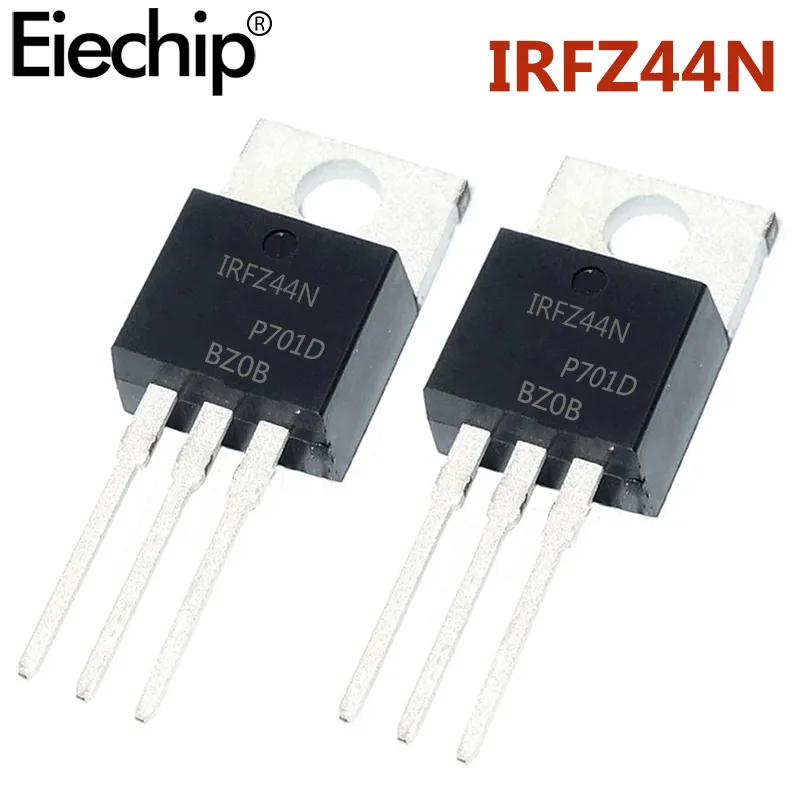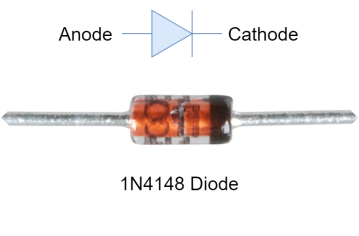TS321ILT Overview:
The TS321ILT is a precision operational amplifier (op-amp) manufactured by STMicroelectronics. Here is an overview of the TS321ILT along with its technical specifications, attributes, parameters, and applications:

Technical Specifications:
- Manufacturer: STMicroelectronics
- Part Number: TS321ILT
- Type: Precision operational amplifier (Op-Amp)
- Package: SOT-23 (Thin Small Outline Transistor)
- Supply Voltage: Typically operates from a single power supply ranging from 2.7V to 18V
- Input Offset Voltage: Low input offset voltage for precision applications
- Gain Bandwidth Product: Specified gain-bandwidth product for different use cases
- Slew Rate: The rate at which the op-amp output can change with respect to the input signal
- Input Bias Current: Low input bias current for improved precision
- Input Offset Current: Specifications related to the mismatch between the currents entering the two op-amp inputs
- Operating Temperature Range: The range of temperatures within which the op-amp operates optimally

Attributes:
- Low Power Consumption: Suitable for battery-operated devices and low-power applications
- Rail-to-Rail Input and Output: Capable of operating with inputs and outputs that cover the full range of the power supply voltages
- Low Noise: Provides minimal added noise to the circuit
- Wide Supply Voltage Range: Can accommodate a broad range of supply voltages for versatility in different applications
- Small Package Size: SOT-23 package is compact and well-suited for space-constrained designs
-
DataSheet
Parameters:
- Voltage Gain: Determines the amplification capability of the op-amp
- Input Impedance: The impedance that the op-amp presents at its input terminals
- Output Impedance: The impedance observed at the op-amp's output terminal
- Phase Margin: A measure of the stability of the op-amp in a feedback loop
- Common-Mode Rejection Ratio (CMRR): Ability to reject common-mode signals
- Power Supply Rejection Ratio (PSRR): How well the op-amp suppresses variations in the power supply voltage
Applications:
- Signal Conditioning: Used in sensor signal conditioning circuits for precision measurement
- Filters: Implementing active filters for various frequency ranges
- Instrumentation: Precision amplification for instrumentation and measurement applications
- Data Acquisition Systems: Used in data acquisition systems to amplify and process analog signals
- Battery-Powered Devices: Suitable for low-power applications where energy efficiency is crucial

Note:
- Detailed technical specifications, performance graphs, application notes, and recommended circuits can be found in the datasheet provided by STMicroelectronics for the TS321ILT op-amp.
- Understanding the characteristics and parameters of the TS321ILT is essential for optimizing its performance in specific circuit designs and applications.


